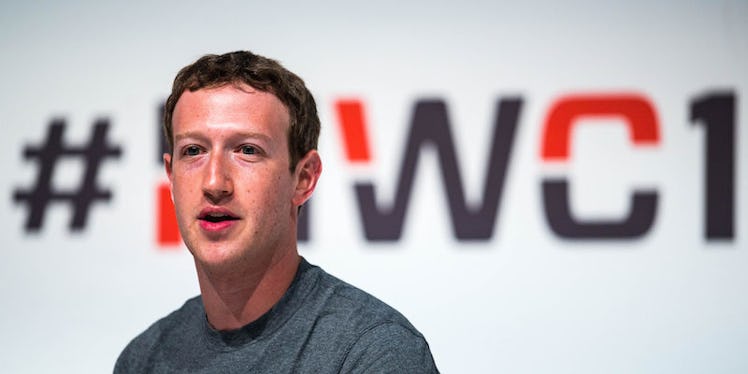
Equal Opportunity: 4 Areas In Which The Internet Can Enable Human Rights
We are now 15 years into the new millennium. It's hard to believe some people still don't have basic human needs, like clean water and food.
But should we add Internet access to that list? Mark Zuckerberg, CEO and cofounder of Facebook, certainly thinks so.
At his UN speech this past Saturday, Mark Zuckerberg called for global leaders to make Internet access throughout the world a priority, citing:
Research shows that when you give people access to the Internet, one in ten people is lifted from poverty.
He makes a compelling point. There are 4.6 billion people who don't have access to the Internet. In myriad ways, the Internet has the potential to increase the quality of someone's life.
Why should the breadth of all human knowledge only limit itself to developed countries? With so much at your fingertips and the will to make it happen, the Internet can enable human rights.
Here are the ways how:
Economic Prosperity
If a fisherman in Africa could build a better tool, or a farmer in India could learn a better technique, he or she could lift him- or herself out of poverty.
A young girl could open up an Etsy shop, making jewelry to help her family afford a bicycle or a car.
All people could access the Internet to look up information they need to make their businesses grow, to help their crops thrive or to learn how to make goods and sell them.
The Internet is becoming an increasingly popular method for earning income.
Education
This is arguably the most prominent argument people make when discussing Internet access and human rights.
Education is undoubtably a human right. There are so many boys and girls who walk miles to school through dangerous terrains every day with the risk of being kidnapped or raped.
Many girls stay home from school for fear they will be killed for attending.
But what if the Internet could make it so they never have to leave their homes? Online education is already a large part of academic programs in developed countries.
But the ones who need it most don't have it. Education is the first step to getting out of poverty.
Community
One of Zuckerberg's main points was that refugees could use the Internet to keep in touch with their families:
A like or a post won’t stop a bullet, but when people are connected they have a chance to build a common understanding.
This is one of the key aspects of the Internet we take for granted every day. Some argue technology is breeding anti-communication. The reality is people are interacting more than ever before.
If refugees or those in underdeveloped countries could share knowledge with each other, they can grow together and better themselves.
Healthcare
Just like people could research farming techniques, they could do the same with health.
In many rural villages and towns, hospitals are few and far between. But if someone had access to the Internet, he or she could easily research maladies and cures for loved ones.
Sure, people might not be able to obtain the correct medicine, but with knowledge comes power and hope. Learning all you can about a disease is the key to treating it.
Even if there are no trained professionals around, a qualified doctor could easily Skype in, instructing someone on what do to.
The possibilities are endless when it comes to the Internet. Think about all the people you know who have made their fortunes from working online. If we have this opportunity, why shouldn't everybody?
The key to equality is providing everyone with the same opportunity. All in one package, the Internet offers countless support and educational tools.
Our society has the power to make everyone tech-efficient. So why shouldn't we?